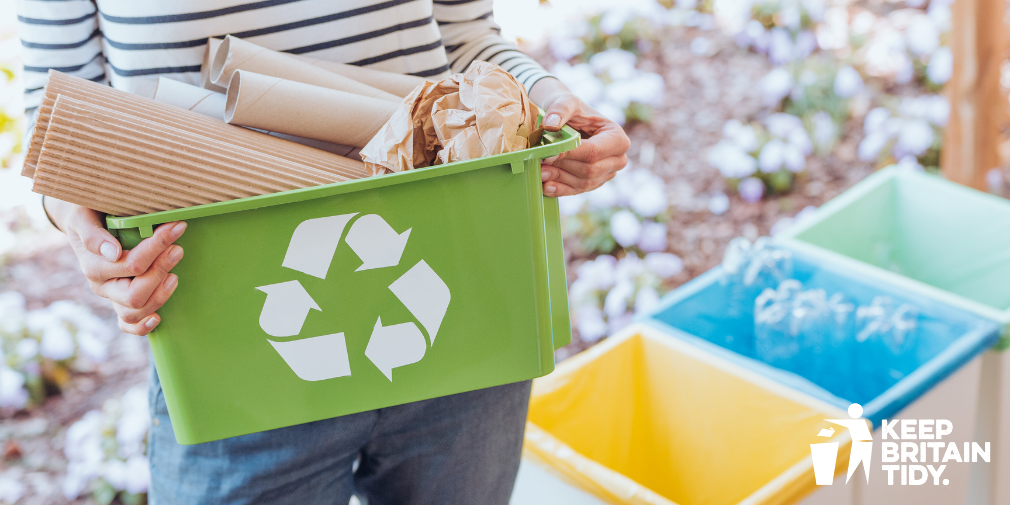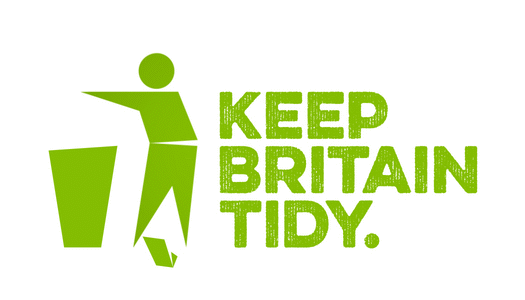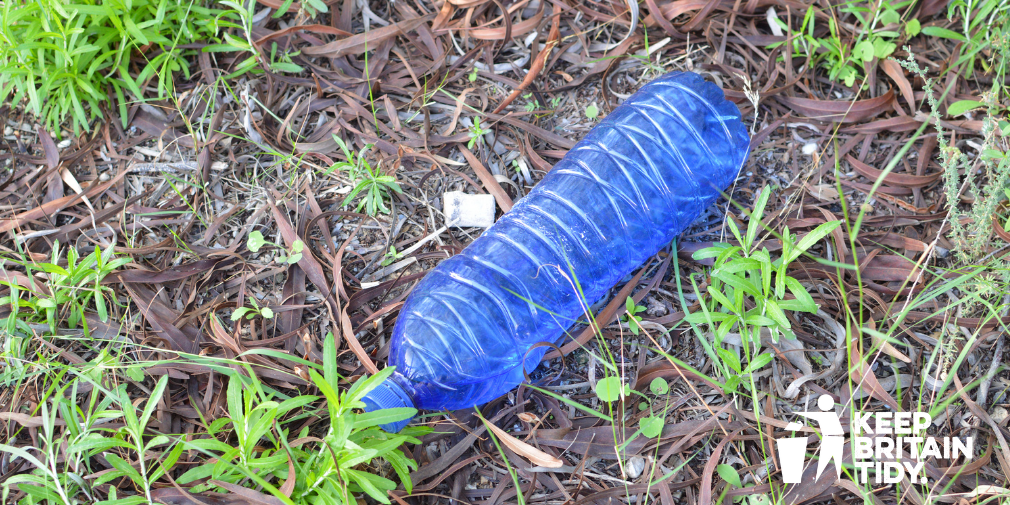
Government urged to put litter at the heart of new ‘polluter pays’ scheme
Environmental charities from all four nations are leading the call for litter payments to form a key component of the UK Government’s Extended Producer Responsibility (EPR) reforms.
Keep Britain Tidy, Keep Scotland Beautiful, Keep Wales Tidy and Keep Northern Ireland Beautiful have written to the Environment Ministers at Westminster, Holyrood, Senedd Cymru and Stormont to ask them to ensure that litter is made part of any new EPR scheme.
The charities have been backed by more than 40 other organisations including Marine Conservation Society, Landscape Institute, the Women’s Institute and RSPCA in their call for packaging producers to be fully held to account over litter caused by their products, with statutory litter payments made a key component of the Government’s EPR plans.
They believe the EPR scheme offers a meaningful chance to tackle the root causes of many environmental problems by fully adopting the “polluter pays” principle. This underpins the proposals by shifting the costs of pollution onto those who profit from placing large amounts of packaging on the market.
The UK Government, the Scottish Government, the Welsh Government and the Department of Agriculture, Environment and Rural Affairs in Northern Ireland had proposed that under the forthcoming EPR system, producers would be made responsible for the full net costs of managing packaging waste, including bin and ground litter management costs.
But it is understood the Government and policy-makers are now under substantial pressure to exclude litter payments entirely from the EPR plans, based on a “flawed narrative” that it is only the public who is to blame for litter.
Allison Ogden-Newton OBE, Chief Executive of Keep Britain Tidy, today said: “Poorly designed, excessive and unnecessary packaging is a daily eyesore on Britain’s streets.
“Although it is placed on the market by producers, it is local authorities and other bodies that pay the price of managing the millions of tonnes of litter, in line with their statutory duty to keep their land free of litter.
“The effort of this endless clean-up also falls to our many thousands of volunteers, who work tirelessly to help to clear littered packaging from our streets, parks and coastlines.
“The Government needs to acknowledge that shifting the financial burden of litter back to those who are responsible for putting harmful items on to the market in the first place could have a truly transformational impact on litter levels, acting as a strong incentive to reduce the amount of packaging produced and to improve its design. Unless this is set out in legislation, we won’t be able to hold packaging producers to account and monitor our progress as a nation.”
Sustainability consultants Eunomia recently estimated that the cost of managing littered packaging by local authorities is around £384m a year but this figure only reflects a fraction of the scale of the problem of littered packaging and the resources that are needed to address it.
It does not reflect the costs incurred by other duty bodies (such as road and rail authorities, water authorities and national park authorities) or the contribution of litter-picking volunteers, nor does it reflect the considerable funds and resources that are raised and allocated for litter prevention campaigns across the UK.
Finally, the figure does not include the cost to our environment of tonnes of plastic waste that is not captured by street cleansing and finds its way into our countryside and into our watercourses and, ultimately, our oceans.


